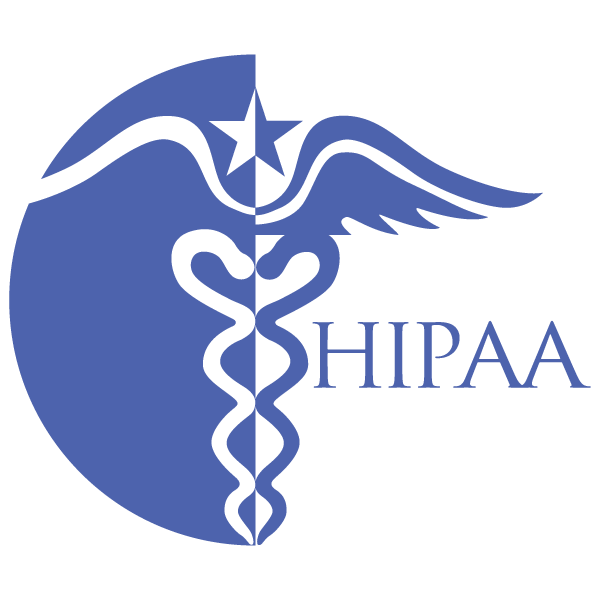





We support multiple different formats, including image files (JPEG, PNG), video files (MP4, AVI, MOV), data formats (JSON, XML, CSV, HDF5), and medical images (DICOM). This ensures easy integration with various machine learning tools and workflows.
Powered by a global network of more than 2,000 medical professionals, we provide consistent, accurate and cost-effective annotation services tailored to your projects.
We provide secure connections to your AWS or Azure storage, with our platform having read-only access. This guarantees that your data remains private, protected, and secure during transit at all times.


1. Detect nodules or abnormalities in lung CT scans to diagnose early signs of lung cancer with pre-trained CNN model like ResNet or VGG.
2. Segment brain tumors from CT scans to identify the affected regions with U-Net.
3. Automatically detect COVID-19 pneumonia from chest CT images with EfficientNet or InceptionV3.
1. Predict molecular properties such as solubility, toxicity, or binding affinity with a SMILES string
AuroraGPT: With one trillion parameters, AuroraGPT (also referred to as "ScienceGPT") is expected to assist researchers in fields like biology, climate science, and cancer research by streamlining data analysis and providing insights through a chatbot interface.
1. The ChatGPT-o1 may leverage reinforcement learning to enhance its ability for logical reasoning.
2. Reinforcement learning demonstrates outstanding performance in managing dynamic treatment plans for chronic diseases and critical care.
3. Reinforcement learning is applied in automated medical diagnosis by utilizing both unstructured and structured clinical data.

We are committed to maintaining the highest standards of data security and privacy. Every member of our organization is trained in HIPAA compliance, and we implement industry-leading security measures to protect your information throughout the entire data labeling process.
Get started with our company today! Please complete the form to schedule a meeting with our specialists. We are happy to answer your questions and deliver customized data labeling solutions to you.